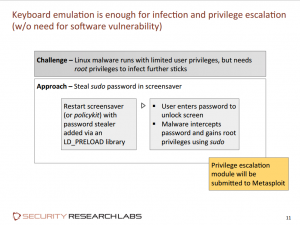Three a.m. can be an interesting time to be in a 24 hour Denny’s Restaurant. The clientèle can range from graveyard shift workers on their lunch break to people who have spent all night partying. I never did understand the “Let’s go to Denny’s” mindset after a night of drinking. Why would I want to ruin a $100.00 drinking spree with a $4.00 pancake breakfast?
Of course, the closest thing to alcohol I put in my mouth most days is mouth wash. I honestly don’t miss the hangovers. Neither do I miss the round of apologies I usually had to make the next day for the dumb stuff I had done the night before.
So, sitting at the counter at 3:20 a.m. working on my third cup of coffee, I watched an older gentleman grow more and more frustrated with the laptop in front of him. After a bit, he pulled an old flip phone from his shirt pocket and left a message when the party did not answer.
“James, this is Ed. Give me a call when you get up. This laptop is going blue screen again.”
Ken Starks is the founder of the Helios Project and Reglue, which for 20 years provided refurbished older computers running Linux to disadvantaged school kids, as well as providing digital help for senior citizens, in the Austin, Texas area. He was a columnist for FOSS Force from 2013-2016, and remains part of our family. Follow him on Twitter: @Reglue




 Several of us had recently gotten off work and had our laptops or minis with us. There were three on the table and one of us mentioned a particular clip on
Several of us had recently gotten off work and had our laptops or minis with us. There were three on the table and one of us mentioned a particular clip on 




